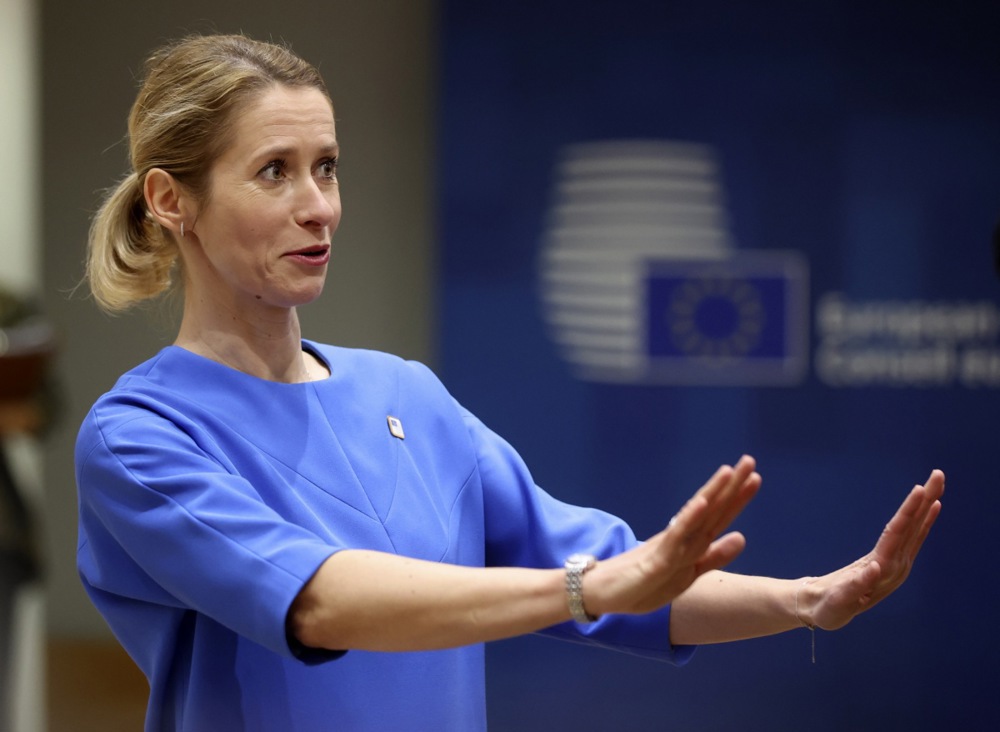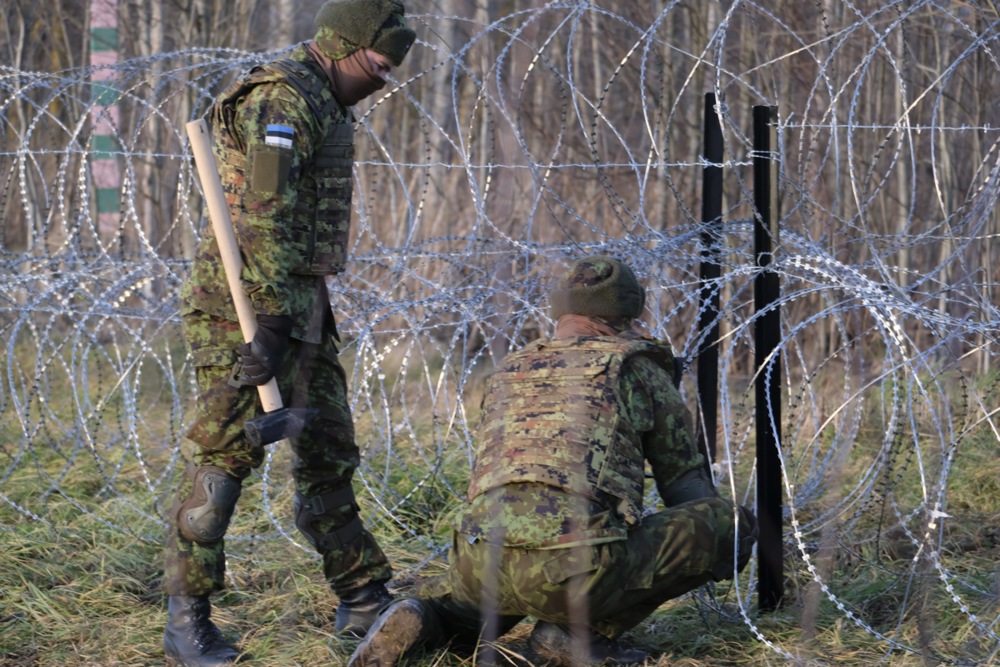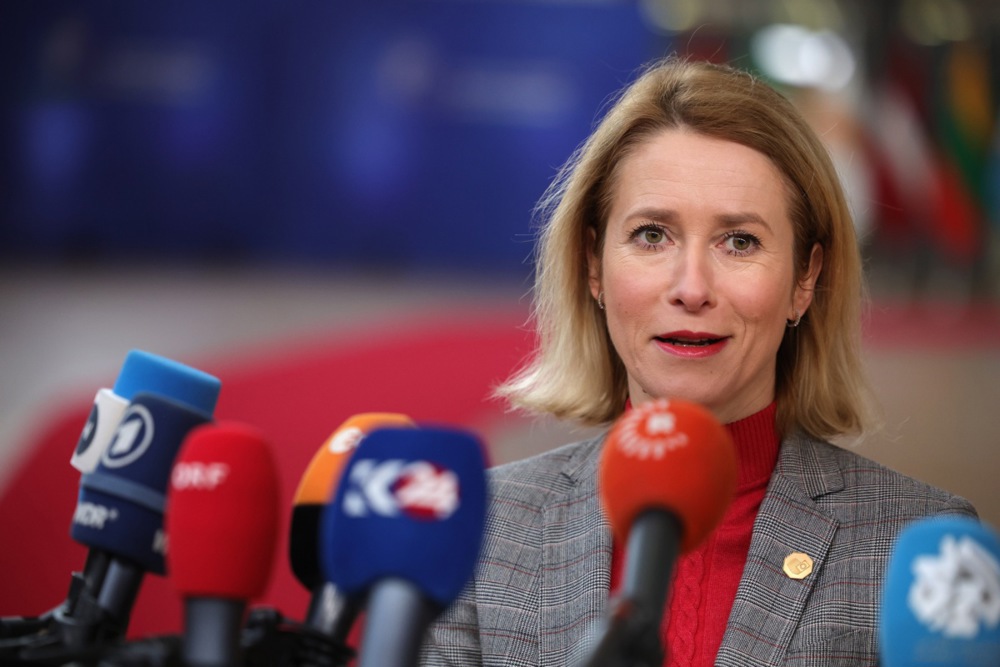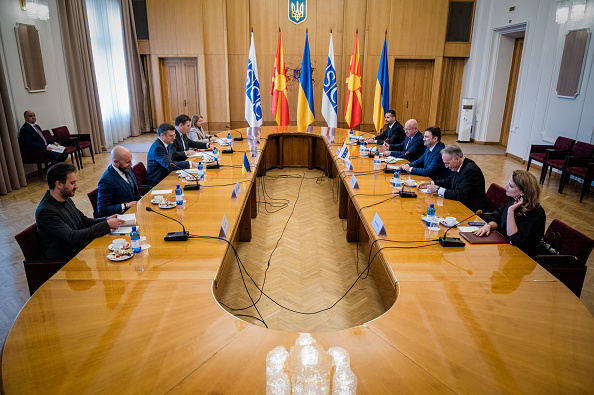Estonian journalist Svetlana Burceva has been charged with treason after writing and publishing a book in Russia entitled Hybrid war for peace. Where will the “Battle of Kursk” take place? under the pseudonym LB Svet.
According to the Estonian public prosecutor: “The book intended to divide Estonian society and discredit the Republic of Estonia and its institutions.”
Burtseva’s lawyer Sven Sillar said she denied the charges and emphasised the fact that the criminal case could set a precedent in Estonia.
“A journalist has never been charged with a similar charge in Estonia before,” he told Brussels Signal.
“In her book, she outlined her views as a journalist and philosopher. She never had any intention of committing any actions against the Republic of Estonia that could be considered treason. In fact, this book has very little to do with Estonia. Burtseva has never called on anyone to change or overthrow the government in Estonia,” he added.
The 640-page book is still available in Russia and is categorised as scientific research.
According to Sillar, his client operated under article 10 of the Convention on Human Rights that guarantees everyone the right to freedom of speech and the right to express their thoughts.
During a preliminary hearing on August 6, public prosecutor Eneli Laurits said that between 2019 and 2021, the Estonian journalist completed a Master’s degree at Sevastopol State University in a programme covering information and hybrid conflicts. That was supervised and directed by a former FSB counterintelligence officer and head of a private intelligence firm registered in Russia, the prosecutor said, according to a report by Estonian public service media.
Upon completing her studies she wrote and published the book.
The Estonian authorities concluded that Burceva could not be perceived as an independent journalist and that the evidence presented in the indictment indicated that she “committed treason as an Estonian citizen through non-violent actions against the independence and sovereignty of the Republic of Estonia”.
During the preliminary hearing, it was also revealed Burceva faces charges of violating international sanctions after writing for Russian State-run media as reported by the Estonian Public Broadcaster (ERR).
Laurits stated that Burceva’s work was published on online news outlets’ sites and other media serving Russian propaganda interests.
Burceva, who acquired Estonian citizenship through naturalisation in 1994, allegedly began working for the Russian media conglomerate Rossiya Segodnya in 2017, contributing to its subordinate outlets, Sputnik and Baltnews.
It was alleged in the preliminary hearing that, from 2020 to 2023, she wrote for Baltnews under the pseudonym “Alan Torm”.
Laurits said she believed that, despite being aware of the EU sanctions against Rossiya Segodnya, Burceva continued to work in the interests of its CEO, Dmitry Kiselyov.
In 2019, Sputnik had suspended its local operations in Estonia due to sanctions but its website continued to operate in the country, according to Estonian daily newspaper Postimees.
In February 2023, the Council of the European Union issued restrictive measures against Rossiya Segodnya for “actions undermining or threatening the territorial integrity, sovereignty and independence of Ukraine”.
“Rossiya Segodnya [is] a Russian Government-linked media group, which is funded from the federal budget of the Russian Federation. Through its subordinate media outlet, Sputnik, Rossiya Segodnya spread pro-Kremlin propaganda and disinformation on Russia’s war of aggression against Ukraine,” the Council wrote in implementing its regulations.
“These media outlets are under the permanent direct or indirect control of the leadership of the Russian Federation, and have been essential and instrumental in bringing forward and supporting Russia’s war of aggression against Ukraine, and for the destabilisation of its neighbouring countries,” the Council added.
The Public Prosecutor’s Office has said it believed Burceva knowingly violated international sanctions.
Burtseva has been detained in the Tallinn prison in Lithuania since the end of February. The Estonian court will decide on August 14 whether she should be detained until the end of the trial, expected to be February 2025.
Her legal team has filed a petition to release Burtseva under house arrest.
The Russia’s Foreign Ministry spokeswoman, Maria Zakharova, condemned the charges against Burceva, calling the case “fabricated”.
“The serious charges brought against Svetlana Burtseva pursue only one goal – to severely punish her for her professional activities, for not wanting to obediently integrate into the local mainstream and expressing a different view, which the authorities find objectionable,” Zakharova said on August 7.
She also accused the Estonian Government and other Baltic countries of routinely using reprisals to silence dissent.
“The situation involving Svetlana Burtseva and the fabricated case against her are clear manifestations of the deep crisis and decline of Western-style democracy, which has morphed into a neoliberal dictatorship,” Zakharova claimed.
In January this year, former Estonian prime minister Kaja Kallas called for the deportation of residents who took Russian citizenship.
The newly elected Estonian Government has recently strengthened the country’s border security amid perceived hybrid warfare threats from Russia.
Estonia’s newly elected government has strengthened the country’s border security amid hybrid warfare threats from Russia. https://t.co/QoHZwwbG12
— Brussels Signal (@brusselssignal) July 31, 2024





